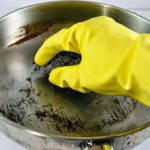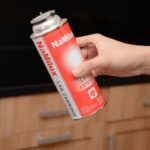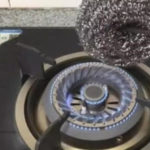1. The use of low-quality gas cylinders and outdated stoves
Many people choose to buy low-quality gas cylinders or use outdated gas stoves to save costs. However, this is a bad habit that increases the risk of gas accidents. Gas cylinders that are too old, corroded, supplied from illegal gas refilling facilities that do not guarantee quality, or too old gas stoves that are rusty are all ticking time bombs in households.
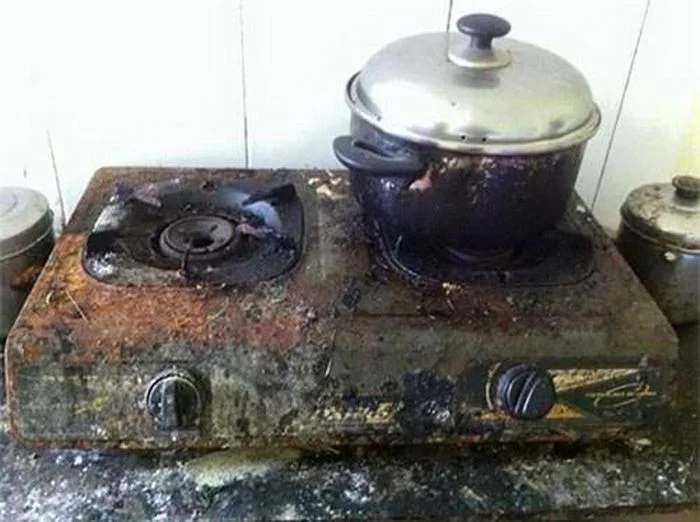
Therefore, you should choose to buy gas cylinders from reputable manufacturers, carefully inspect the gas cylinder before receiving it, and regularly clean the gas stove to ensure that the equipment always operates efficiently and safely.
2. Forgetting to lock the gas cylinder valve
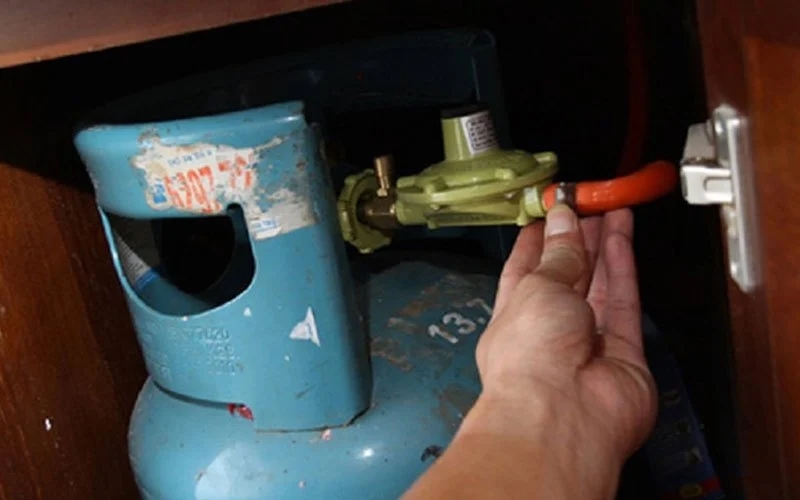
A common bad habit that many gas stove users have nowadays is forgetting to lock the gas cylinder valve after each use or not locking the gas valve correctly (turning off the stove before locking the gas).
In fact, in many cases, the gas cylinder is not locked, and the gas continues to flow through the gas hose. If the gas hose is bitten by mice for a long time or overnight, the gas will leak out. When it comes into contact with an electric spark, it can cause a fire that homeowners cannot control in time.
To reduce the risk of forgetting to lock the valve and ensure safety, users should pay attention to carefully close the gas valve after cooking and check the stove lock according to the correct procedure (lock the gas before turning off the stove).
3. Improper stove placement
If users install gas stoves in a too enclosed room, it can cause gas to quietly leak without being able to escape, and when it accumulates to a sufficient amount, it can be ignited and cause a fire. In addition, if users place the gas cylinder near a heat source such as an oven, heater, or place the stove in a damp place, it accelerates the corrosion process and increases the risk of fire and explosion.
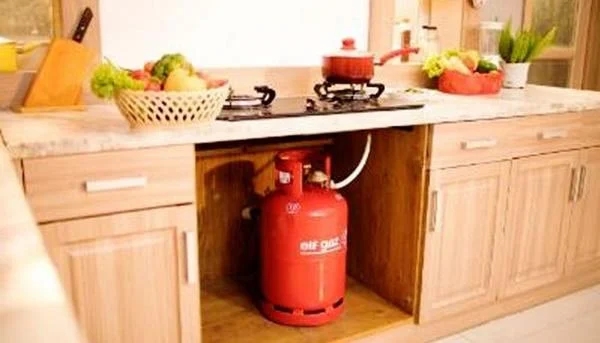
Gas stove users should place the stove in a well-ventilated area. Specifically, the gas cylinder should be placed at a distance of 1 to 1.5 meters from the stove. Even in a narrow house, the gas cylinder should not be placed directly under the stove. The cabinet door where the gas cylinder is placed should always be open or completely removed for easy observation, avoiding mice building nests or gnawing on the gas hose.
4. Neglecting to check the gas hose
The gas hose being crushed or broken is the most common cause of gas leaks and explosions. If users do not regularly check this accessory, they will not be able to detect incidents such as twisted or bent hoses, hoses leaking due to being too close to heat sources, loose connections between the hose and the gas stove, or mice bites.
According to An Nhiên- Vietnamnet
























